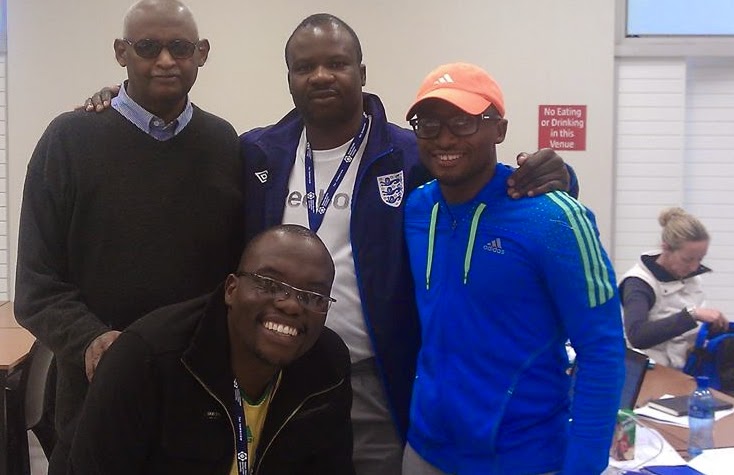Generally, there
is animosity and mistrust at lower leagues. The coaches are owners and coaches of
their clubs, and then few are elected into offices of authority to run the
affairs of others. The suspicions of working in their own interests at the
detriment of others are rife. It reminded of a question I always poised; how a
huge city like this one loses teams into LFA leagues.
You may know this
story. Three greedy brothers left their rural home to look for greener pastures
in the city. Upon their arrival, they could not believe their fortune, stumbling
upon a bag full stuffed with crisp notes of hard cash. Since they were very hungry
from their sojourn, the youngest was sent to buy food.
He bought the best
food, probably fried chicken, and poisoned it. Arriving at the brothers, they
stood up, grabbed and killed him on the spot. Before they shared the money,
they ate the poisoned food and all died. Along came a foreigner running away
from xenophobic attacks, picked the bag and smile all the way to the bank.
Unless men work
together, all lose. Football success is directly proportional to the positive input of
all stakeholders. The state of football affairs here is dire but solutions are
simple, though long term. The obvious challenge borders around the bad experiences
of the past.
The consequence
of the broken promises is the increased number of naysayers. Many do not even
believe they are breathing, no matter how much one tries to prove it to them.
The starting point would be basic education school and then life skills to many
coaches.
It becomes
apparent how successful negative football has been over the years, and how much
energy and power is necessary to instil football coach education. It is not a one-night
stand, but a long and solid marriage that can build our game to its true potential.

